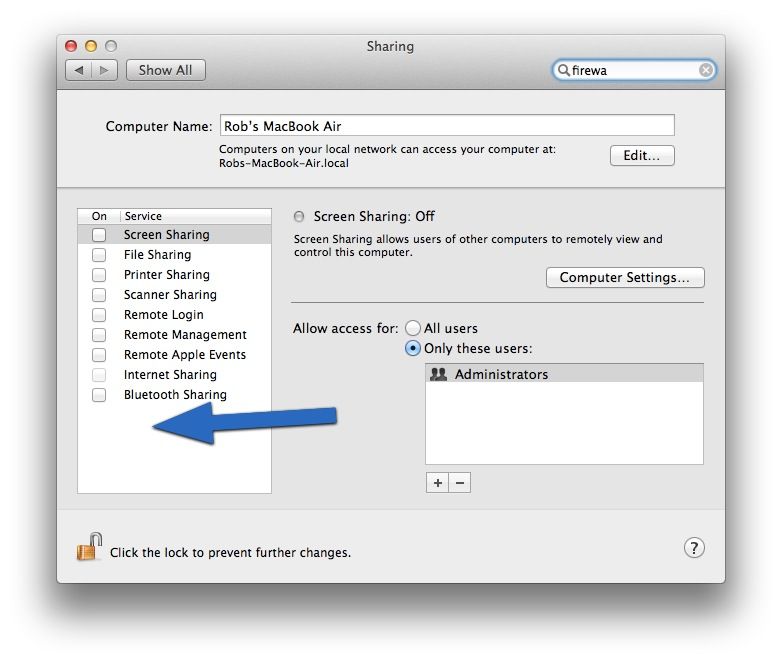

- ENABLE THE WEB SERVER FOR REMOTE ACCESS ON MAC HOW TO
- ENABLE THE WEB SERVER FOR REMOTE ACCESS ON MAC INSTALL
Once you have your SSH client correctly configured and you have confirmed that you can successfully access your instance using SSH, you need to create an SSH tunnel in order to access phpMyAdmin. In the instructions below we have selected PuTTY, a free SSH client for Windows and UNIX platforms. In order to access phpMyAdmin via SSH tunnel, you need an SSH client.
ENABLE THE WEB SERVER FOR REMOTE ACCESS ON MAC HOW TO
TIP: Refer to these instructions to learn how to obtain your private key. Watch the following video to learn how to easily access phpMyAdmin on Windows through an SSH tunnel: In this case, modify the steps below to use ports 81 or 443 respectively instead of port 80 for the tunnel endpoint. Similarly, if you have enabled Varnish (TM) or HTTPS redirection, your stack’s Web server might be accessible on port 81 (Varnish (TM)) or port 443 (SSL). If this port is already in use by another application on your local machine, replace it with any other port number greater than 1024 and modify the steps below accordingly. NOTE: The steps below suggest using port 8888 for the SSH tunnel. IMPORTANT: Before following the steps below, ensure that your Web and database servers are running. This implies that you must be able to connect to your server over SSH in order to access these applications remotely. To access it from a remote system, you must create an SSH tunnel that routes requests to the Web server from 127.0.0.1.

ENABLE THE WEB SERVER FOR REMOTE ACCESS ON MAC INSTALL


 0 kommentar(er)
0 kommentar(er)
